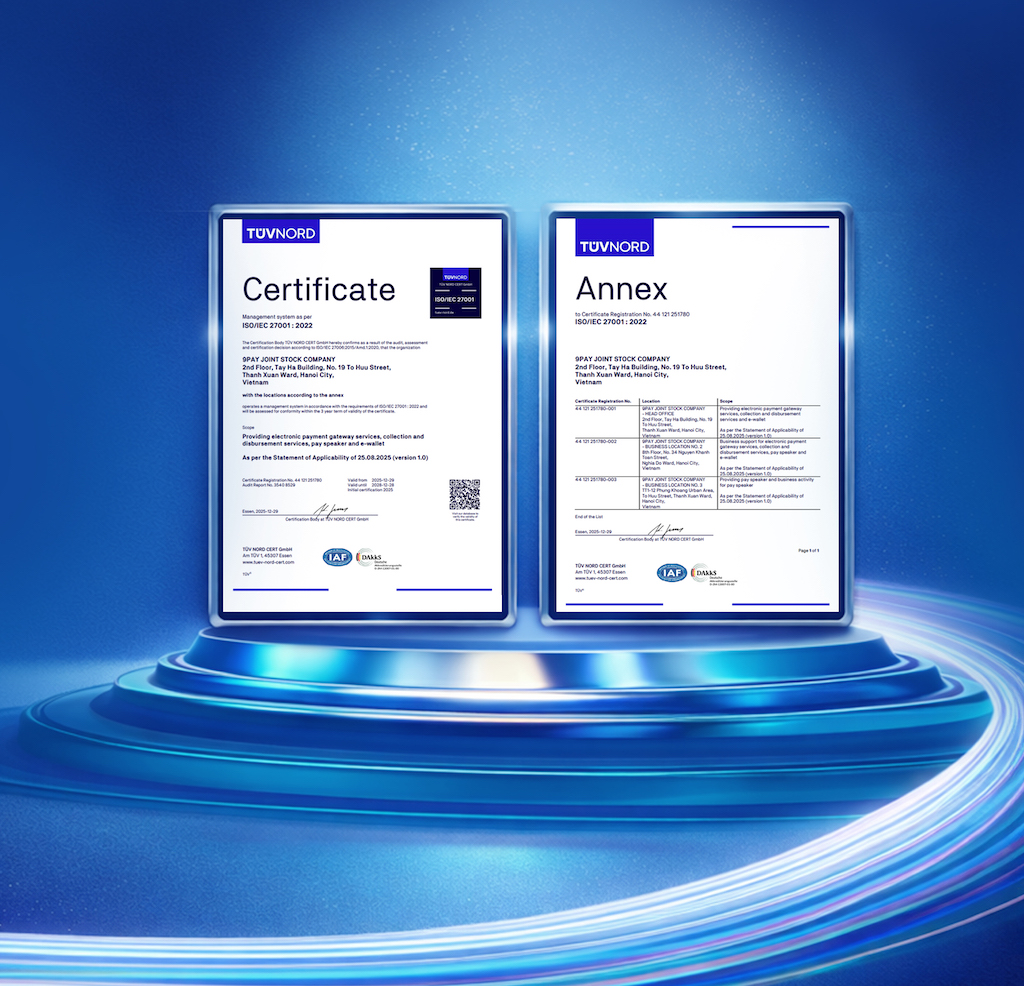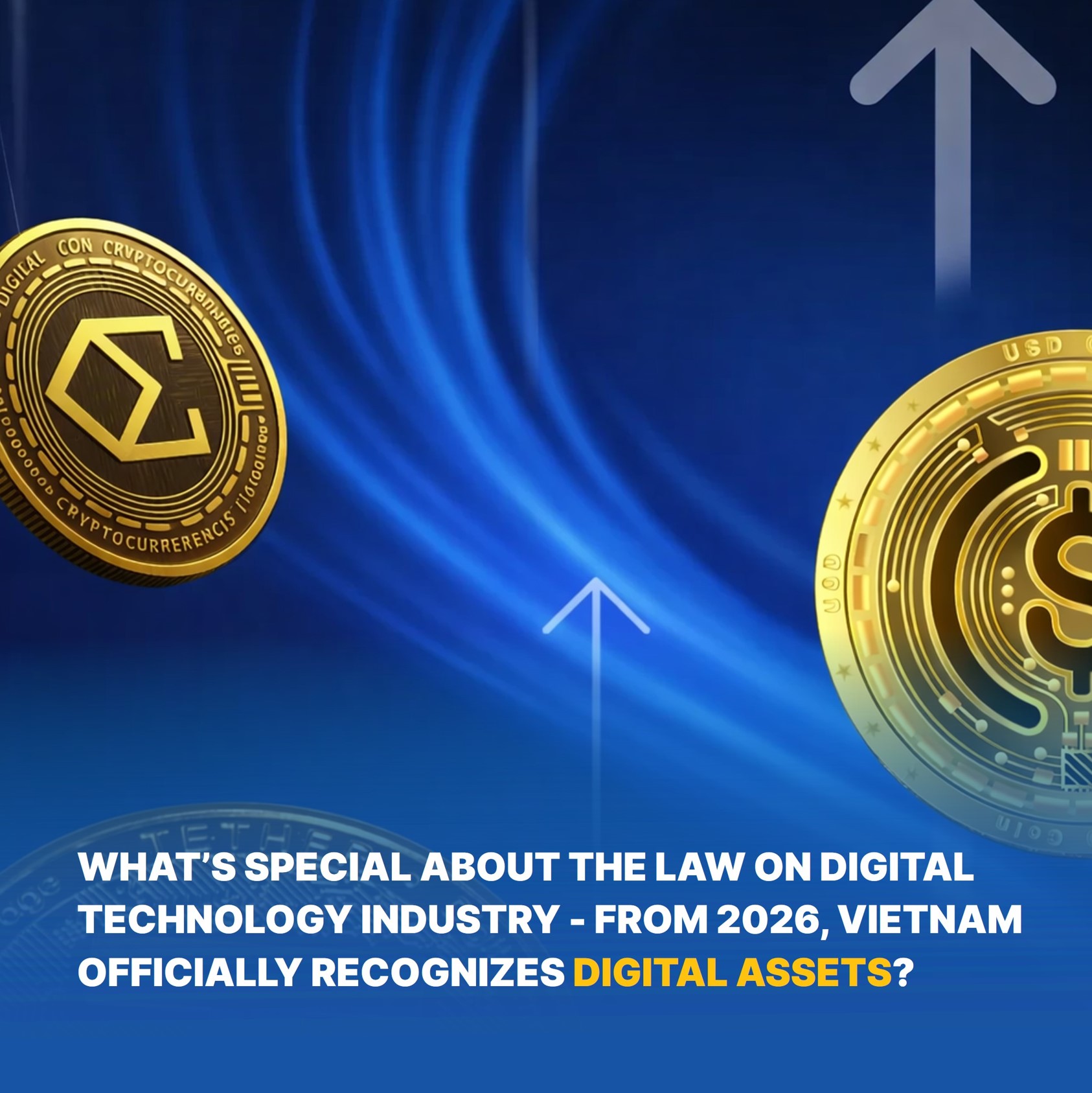Understanding the most popular types of e-commerce business models 2024
In the ever-evolving landscape of ecommerce, selecting the right business model and delivery method is crucial for success.
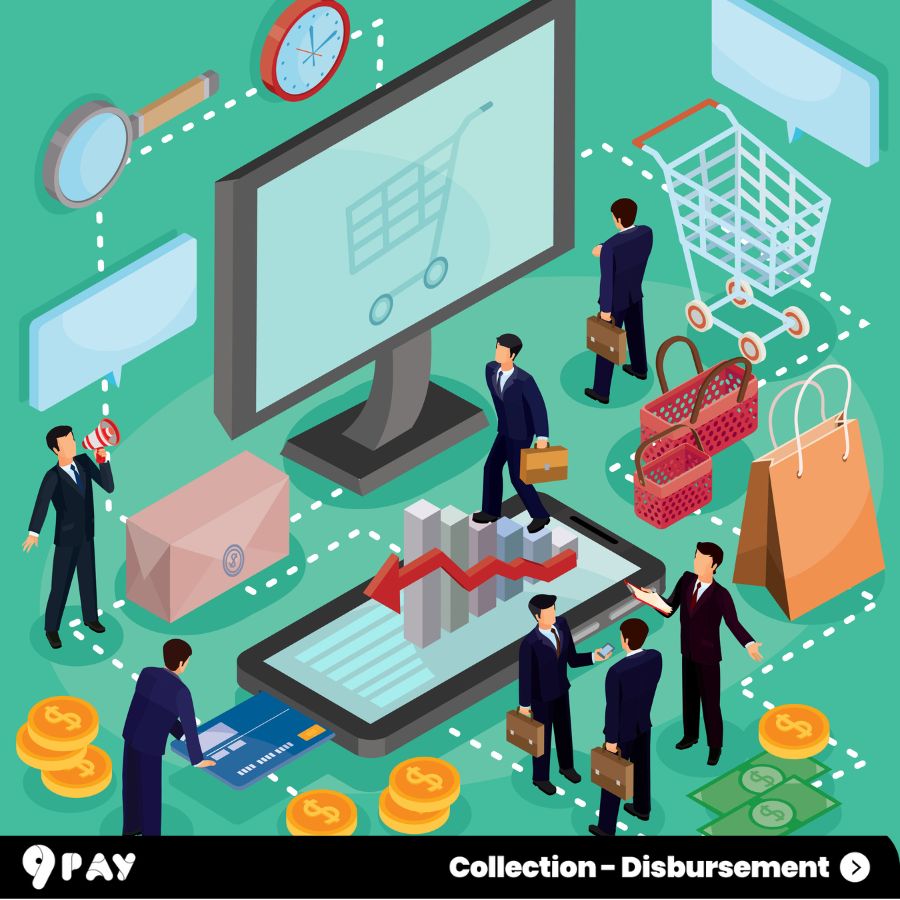
This article navigates the intricacies of ecommerce business models, shedding light on the diverse strategies that propel digital transactions. From the foundational concept of a business model to the various types and popular delivery methods, we embark on a journey to demystify the elements shaping the digital marketplace in 2024.
1. What is a business model?
A business model serves as the blueprint outlining how a company creates, delivers, and captures value. In the realm of ecommerce, these models dictate the fundamental approach a business takes to conduct its operations.
2. Common business model types for e-commerce
2.1. B2B (Business to Business)
B2B ecommerce revolves around transactions between businesses. This model streamlines procurement processes, enabling businesses to source products or services from one another efficiently.
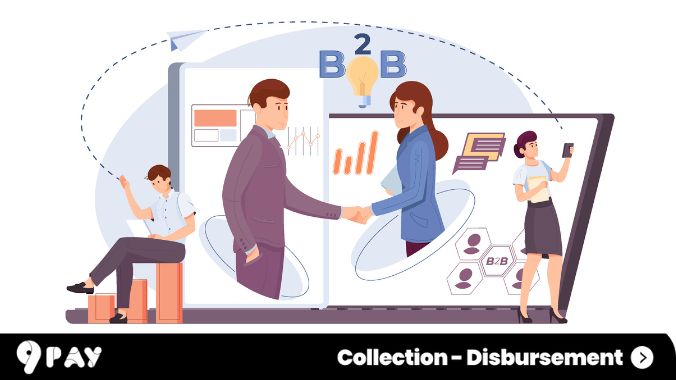
2.2. B2C (Business to Consumer)
In the B2C model, businesses directly cater to individual consumers. This is the most familiar ecommerce model, where products or services are sold directly to end-users through digital platforms.
2.3. B2B2C (Business to Business to Consumer)
Combining elements of both B2B and B2C, the B2B2C model involves businesses selling to other businesses with the ultimate goal of reaching individual consumers. This intricate model often involves partnerships and collaborations.
2.4. B2G (Business to Government)
B2G focuses on businesses providing products or services to government entities. This model is prevalent in industries such as technology, healthcare, and infrastructure.
2.5. C2B (Consumer to Business)
In the C2B model, consumers play an active role by offering products or services to businesses. This model is increasingly prevalent in the gig economy and platforms where individuals contribute content, skills, or resources.
3. Popular delivery methods for e-commerce
Understanding how products reach consumers is integral to ecommerce success. Different delivery methods cater to diverse business models and consumer expectations.
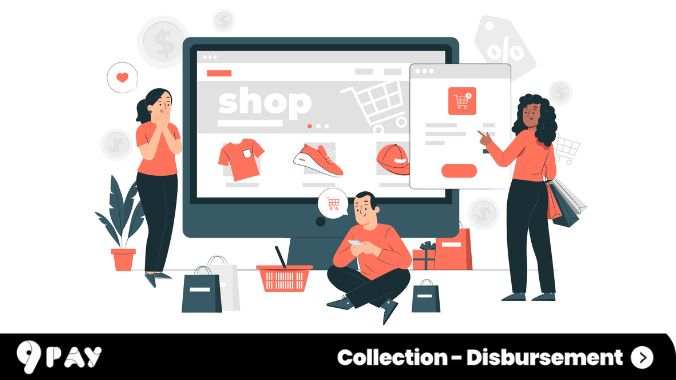
3.1. White label
White label involves a product or service produced by one company and rebranded by another. This method allows businesses to offer products without investing in extensive manufacturing processes.
3.2. Private labeling
Private labeling involves branding products under a company's name, offering a customized and exclusive line of products. This approach is popular among businesses looking to establish a unique identity.
3.3. Dropshipping
Dropshipping is a fulfillment method where a store doesn't keep the products it sells in stock. Instead, when a store sells a product, it purchases the item from a third party and has it shipped directly to the customer.
3.4. Direct to consumer
D2C involves businesses selling products directly to consumers, bypassing traditional retail channels. This model often relies on online platforms and digital marketing to reach a broader audience.
3.5. Wholesaling
Wholesaling involves selling goods in large quantities at lower prices to retailers who then sell them to consumers. This method is prevalent in the B2B and B2C ecommerce models.
3.6. Affiliate
Affiliate marketing involves promoting other people's products and earning a commission for each sale generated through the affiliate's marketing efforts. This method is popular among influencers and content creators.
As the world of online commerce continues to evolve, understanding the underlying structures that businesses adopt becomes paramount. This exploration of ecommerce business models and delivery methods provides valuable insights for businesses and consumers navigating the dynamic digital marketplace. Understanding these structures empowers stakeholders to make informed decisions and thrive in the rapidly changing world of online commerce.
Related articles
Top 5 Best Payment Gateway for Small Business in Viet Nam 2024




